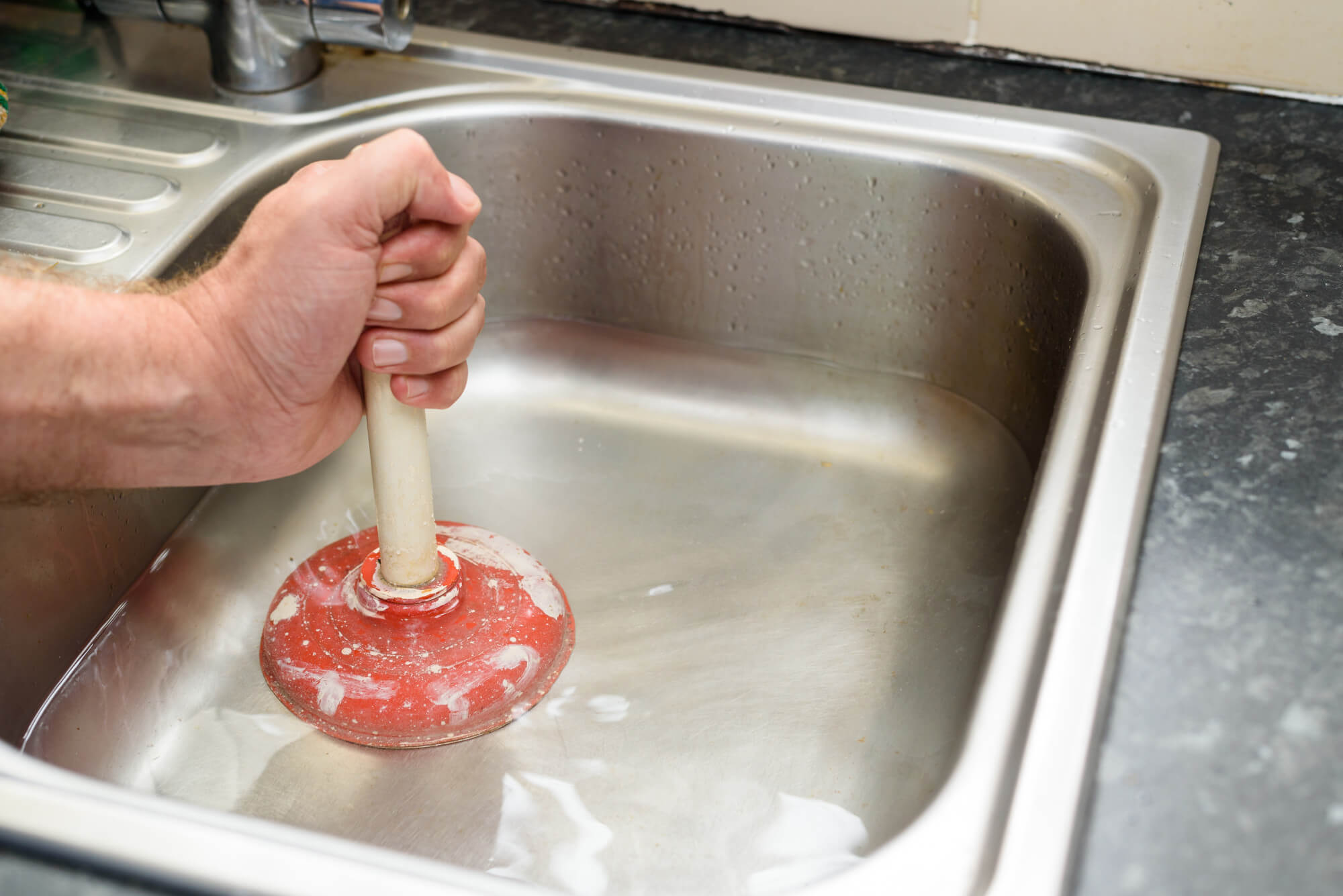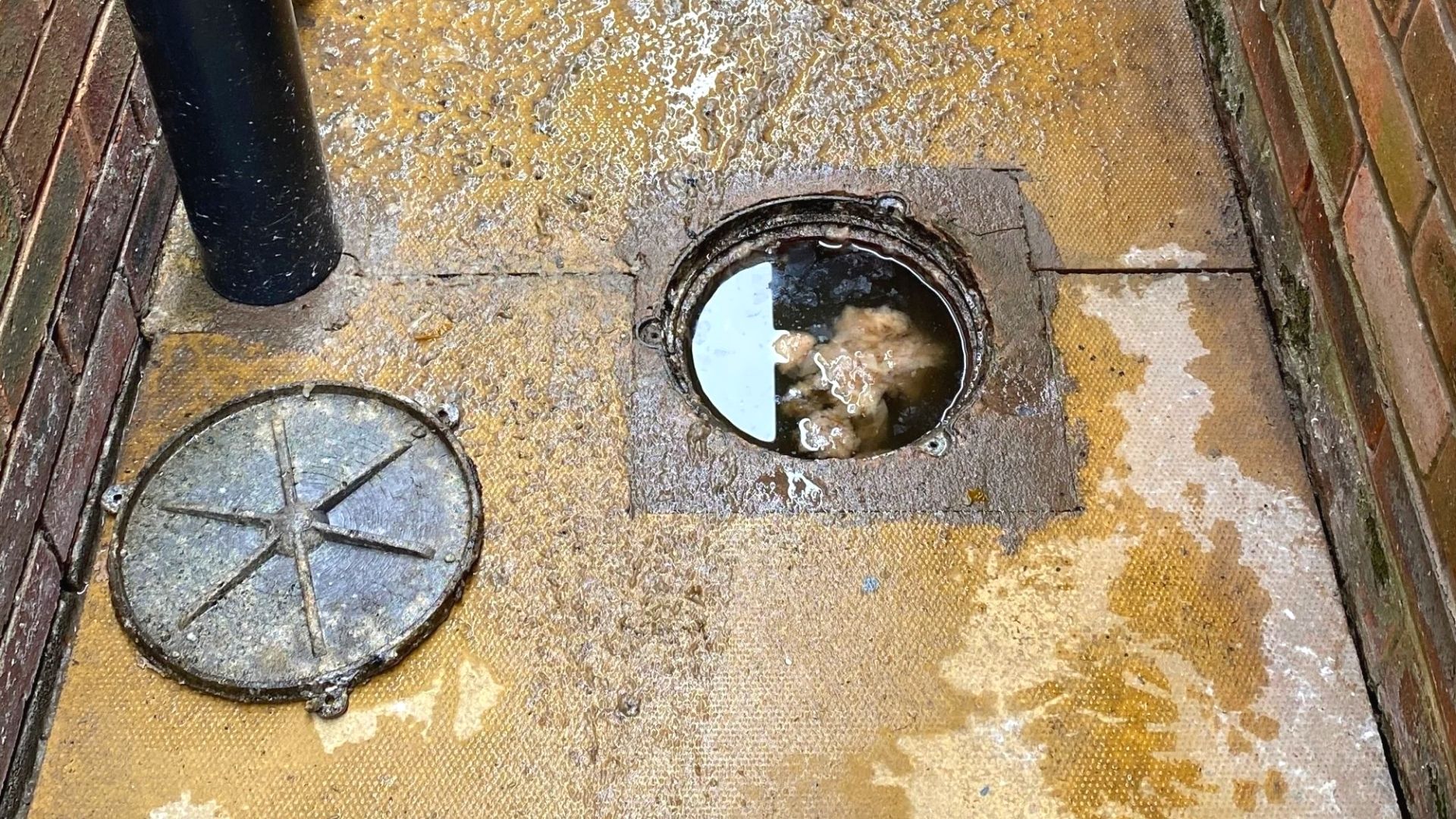Nearly everybody may have their own unique conception when it comes to Tips for Dealing with Clogged Drains and Sewer Lines.

Introduction
Dealing with an obstructed drainpipe can be an irritating experience, interrupting everyday tasks and potentially causing damages to your building. Nevertheless, prior to connecting to pipes experts, there are actions you can take to resolve the concern on your own. In this overview, we'll explore do it yourself solutions and safety nets to take on a blocked drain successfully.
Determining the Issue
The initial step in attending to a blocked drain is acknowledging the indicators. Slow-moving drainage, gurgling noises, foul odors emanating from drains, or water support up are common indicators of a blocked drainpipe. Recognizing these indicators early can aid stop even more issues.
Picking the Right Pipes Service
When choosing a plumbing solution, think about factors such as experience, licensing, and consumer reviews. Select a reputable plumbing professional with a record of top quality craftsmanship and transparent prices methods.
Cost Factors to consider
The cost of professional drainpipe cleaning services can differ depending upon the extent of the clog and the plumbing technician's prices. Request quotes from multiple carriers and inquire about any service charges to make sure transparency and prevent shocks.
Security Measures
When trying DIY drainpipe cleansing, prioritize safety and security. Wear safety gloves and eyewear to prevent contact with harmful chemicals or microorganisms. Never blend different drainpipe cleaning items, as this can generate hazardous fumes.
Case Researches
Real-life examples highlight the performance of DIY services and the value of prompt specialist treatment in settling drain clogs.
Usual Causes of Blocked Drainpipes
Comprehending the factors that add to drain pipes clogs is crucial for efficient resolution. Common wrongdoers include hair, soap residue, grease, food particles, and international items like hygienic products or paper towels. Tree roots invading underground pipes can likewise cause significant obstructions.
Do it yourself Solutions
For minor clogs, a number of DIY remedies can be reliable. Pouring boiling water down the drain can assist dissolve grease and particles. Baking soda and vinegar or a blend of salt and cooking soft drink can function as natural cleansers. Utilizing a plunger or plumbing snake to dislodge obstructions is one more alternative.
Tools and Equipment
Having the right tools accessible can make do it yourself drainpipe cleaning up a lot more effective. A bettor is a versatile tool for removing blockages in sinks, toilets, and showers. A plumbing snake or auger can reach much deeper clogs, while drainpipe cleaning chemicals can be used very carefully for stubborn clogs.
Safety nets
To prevent future obstructions, adopting preventive measures is vital. Mount drain guards or filters to catch hair and debris prior to they enter the pipes. Routinely flush drains pipes with hot water to dissolve oil accumulation, and stay clear of getting rid of grease or strong waste down the drain.
When to Call a Professional
While DIY options can fix small obstructions, specific indications show the demand for specialist assistance. Consistent clogs, foul odors regardless of cleaning initiatives, or multiple drains supporting all at once are warnings that necessitate experienced intervention.
Conclusion
By following the suggestions outlined in this guide, you can effectively tackle blocked drains pipes and avoid future plumbing concerns. Whether choosing DIY remedies or seeking professional support, prompt action is essential to maintaining a healthy and balanced plumbing system and preserving the stability of your home.
9 Ways You Can Clear a Blocked Drain
Blocked Drains from Hair
We’ve seen it all before, a build-up of hair that’s leads to a clogged drain. Most times it’s a moderately easy task to simply ‘remove the hair’, but if it’s not cleared up straight away – it can cause a lot of issues down the line.
Hair falling off the body in the shower or while getting ready over the sink and in the bathroom is one of the most common causes of blocked sinks and drains. But whilst it’s a common problem for many homeowners, there are ways you can fix your drain and put a long-term solution in place.
How to Fix Blocked Drains from Hair?
What to do: Small amounts of hair can be removed by pulling it out with gloved hands to avoid it getting worse. Drain cleaning devices such as drain spiders can also be purchased to help remove the hair from the drain. However, it’s important to be careful as some devices and cheap hair removal chemicals can make the problem worse.
It’s important to remove the hair before it gets clogged into the entry of the drain pipes. If you’re unable to reach the hair or the devices aren’t working as intended, it’s time to speak to a blocked drain specialist.
Blocked Drains from Plants and Dirt
Natural debris like trees, shrubs, dirt and leaves can be an issue for water drains, especially after spring and autumn. Your regular garden and drain maintenance that keeps the outdoor area looking great is also essential to the productivity of your water drains and pipes.
Leaves aren’t the only culprit, however – tree roots are notorious for growing underneath in search of water and as a result, will usually head straight to your drains.
How to Fix Blocked Drains from Plants and Dirt?
What to do: To prevent plants, leaves and dirt from blocking the drains, keep the outdoor area clear of fallen leaves and debris. If this mess is left long enough, it will cause your drains to become severely blocked.
Keep your trees well-watered so they are less drawn to the drains as a source of moisture and stay away from clogging plants where possible; like willow trees, oak trees, magnolias, boxwood shrubs, palm trees and gum trees.
While ensuring your yard is free from leaves and dirt is a great way to prevent build-up, sometimes the real issues lay under the surface. Tree roots can crack your drain pipes beneath your home – causing severe blockages and leaks. Specialist drain cleaning equipment can be used to clear the blockage and pipe relining technology can provide a long-term structural repair.
Blocked Drains from Grease Build-up
Like hair in the bathroom, grease and fat will build-up in the kitchen sink over time. These fatty substances are a very common cause of blocked drains and pipes and can be a nuisance to clear out.
Any grease waste or fatty substance that is washed down the sink will stick to the inside of the pipes and eventually build up to a point no liquid can pass through. It’s important to be aware that this grease doesn’t leave the pipes as easily as you would expect.
How to Fix Blocked Drains from Grease Build-up?
What to do: Avoid washing these fatty ingredients down the affected drain as much as possible. Grease that’s washed down the drain will cool and harden in the pipes.
A smart way to prevent this build-up of grease is to start collecting all glass jars that you purchase at the supermarket. Then, instead of pouring this oil or kitchen grease down the drain, put it in the small glass or plastic containers to discard with your garbage.
Blocked Drains from Toiletries
As more people get into the habit of disposing of toiletries down the drain, bigger problems are being caused in our pipes and sewers. Nappies and baby wipes are the two common issue items known to block drains after being flushed down the toilet.
Such items become immersed with water, they absorb the moisture and enlarge, quickly blocking access to water drains and pipes.
How to Fix Blocked Drains from Toiletries?
What to do: This way of disposing of toiletries is dreadful for the environment and everyone should be encouraged to dispose of toiletries the right way. In the home, these items should be taken out with your garbage, just as people should make use of the designated bins when using public changing rooms and toilets.
Blocked Drains from Heavy Rain and Storms
Throughout the wet season, drains will experience floods of water because of heavy rainfall. Because drains aren’t really designed to take the full impact of this weather, water build-up can be common in many Perth households.
When there is an overflow of rainwater in gutters and downpipes, there’s a good chance there’s a blocked drain that needs to be cleared out.
How to Fix Blocked Drains from Heavy Rain and Storms?
What to do: Ensure gutters and outdoor drains are cleaned during the wet season to prevent a build-up of leaves which will cause a bigger blockage. Problems caused by heavy rain and storms will usually require a plumber to help unclog and assist with the wastewater removal. If this is the case, contact them as soon as possible to prevent further build-up and potential flooding in your home and yard.

We were shown that editorial about Tips for Dealing with Clogged Drains and Sewer Lines from an associate on our other blog. Loved our blog? Please share it. Let somebody else discover it. We enjoy your readership.
Book Instantly